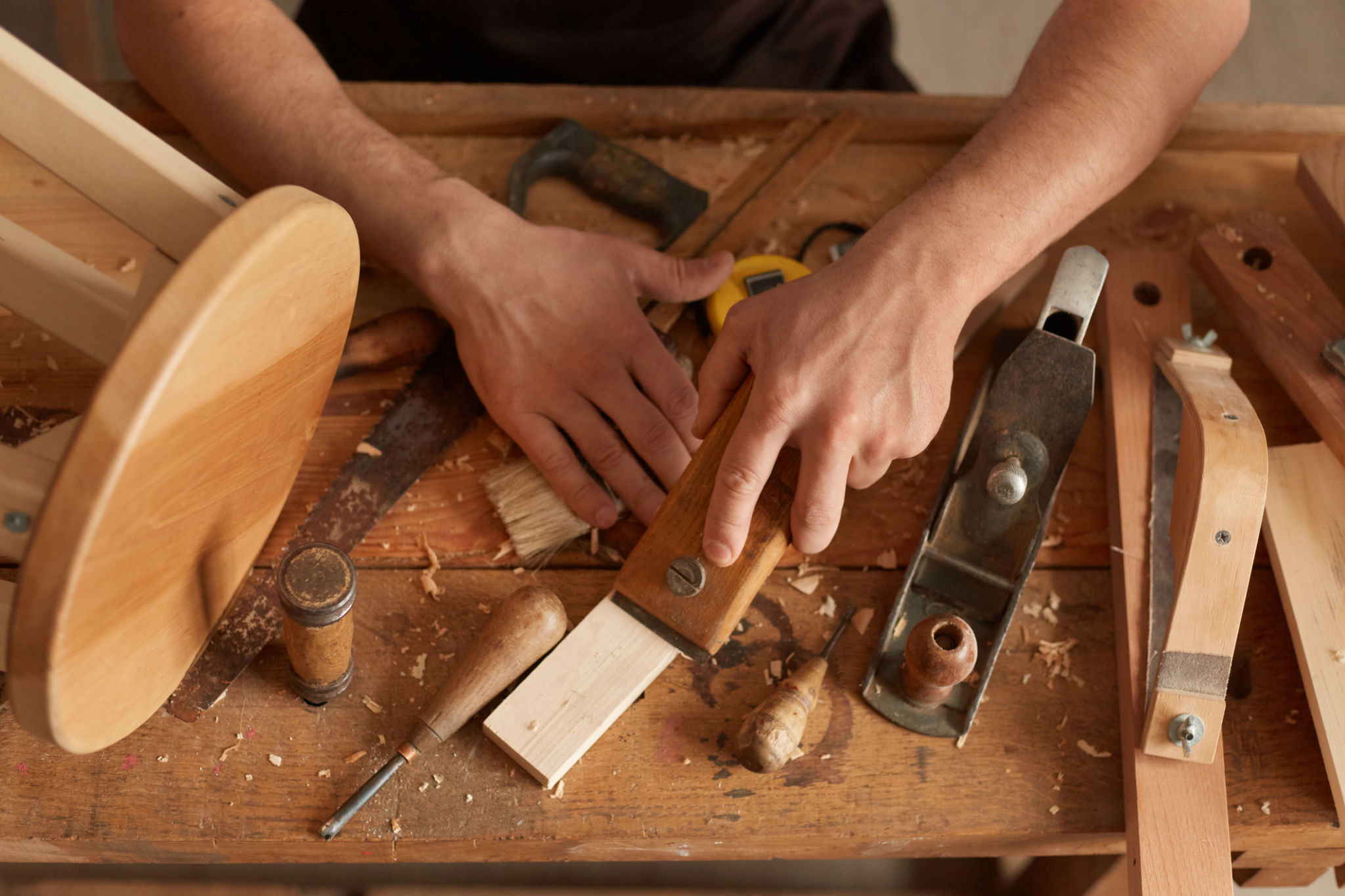DIY vs. Professional: When to Call Custom Woodworking Experts
The Art of Woodworking: DIY or Go Pro?
Woodworking is a craft that combines creativity, skill, and precision. Whether you're looking to build a custom bookshelf or a new dining table, there's always the question of whether to tackle the project yourself or hire a professional. Each option comes with its own set of advantages and challenges. So, how do you decide which path to take?
For many, the allure of DIY woodworking stems from the satisfaction of creating something with your own hands. However, not every project is suitable for a DIY approach. Understanding when to call in the experts can save you time, money, and frustration.

Understanding Your Skill Level
Before embarking on any woodworking project, it's crucial to assess your current skill level. Are you a beginner who has just discovered the joy of woodworking, or do you have years of experience under your belt?
If you're new to woodworking, starting with small projects like picture frames or simple shelves can help build your skills. More complex tasks such as custom cabinetry or intricate furniture might be better left to professionals who have honed their craft over years. Assessing your capabilities honestly can prevent costly mistakes and ensure the final product meets your expectations.
Tools and Equipment
The tools and equipment required for woodworking projects can be another deciding factor. While basic tools like hammers and saws might suffice for smaller projects, more advanced tasks often require specialized equipment like routers, jointers, and planers.

Purchasing these tools can be expensive and may not be justified if you're only planning one or two projects. Professionals have access to a wide range of tools and know how to use them efficiently, which can be a significant advantage in ensuring quality results.
The Importance of Precision
Precision is key in woodworking. Even minor errors in measurement or cutting can lead to significant issues in the final product. For projects that demand high precision, such as built-in furniture or items with intricate designs, hiring a professional might be the best choice.
Professionals have the experience to anticipate potential problems and make accurate measurements, ensuring that each piece fits perfectly. This level of detail can be challenging for less experienced woodworkers but is crucial for achieving a polished result.

Time and Commitment
Another factor to consider is the amount of time you can dedicate to a project. DIY woodworking often requires a significant time commitment, from planning and purchasing materials to executing the project and finishing it.
- If you're working full-time or have other commitments, finding the time to complete a project might be difficult.
- Professional woodworkers can often complete projects more quickly due to their expertise and resources.
This can be especially important if you're working on a deadline or need the project completed for a specific event.
Cost Considerations
Cost is frequently a major consideration when deciding between DIY and professional woodworking. While DIY may seem cheaper initially, unexpected costs can arise from mistakes or needing additional materials.
Professional woodworkers typically provide estimates upfront and often source materials at better prices due to industry connections. This can result in a more predictable budget and potentially higher-quality materials than what might be accessible for individual projects.
